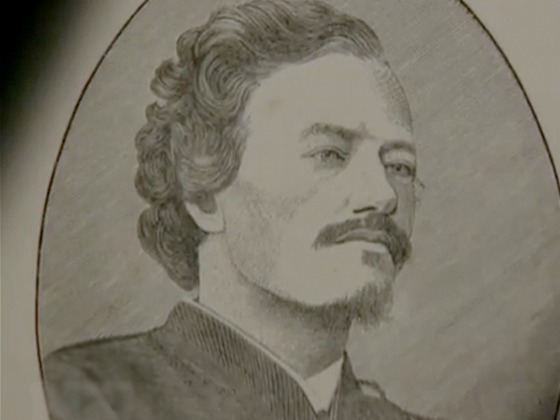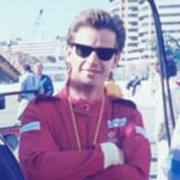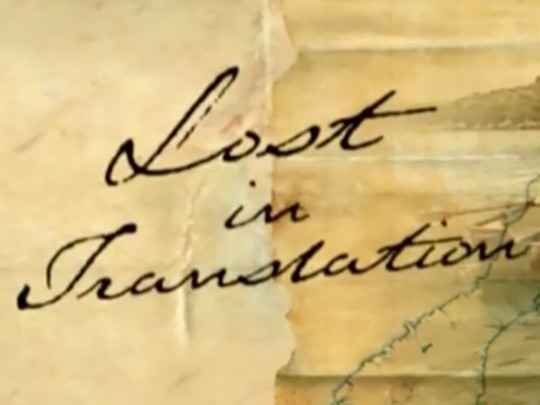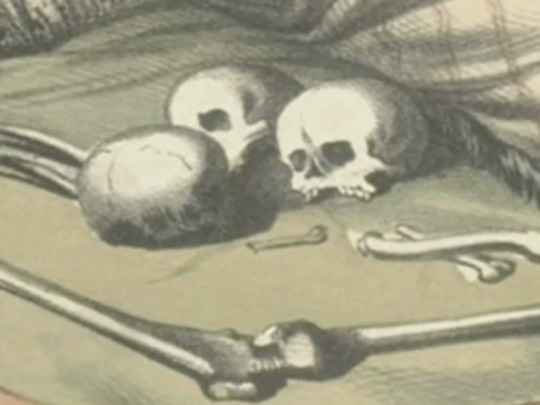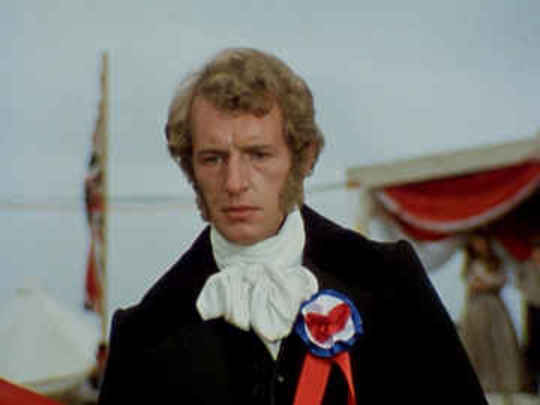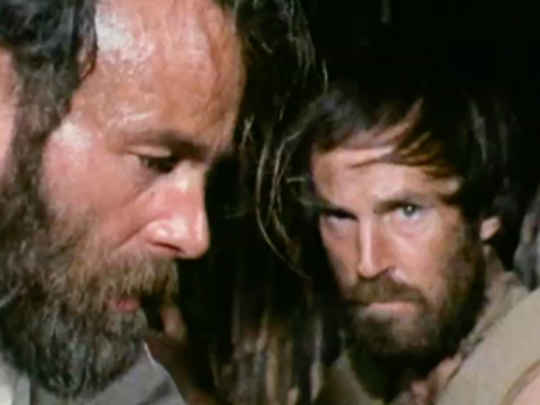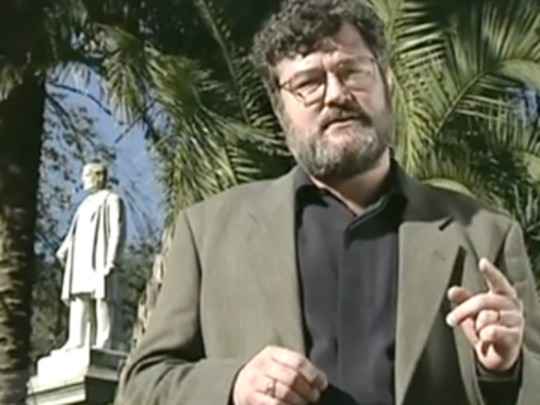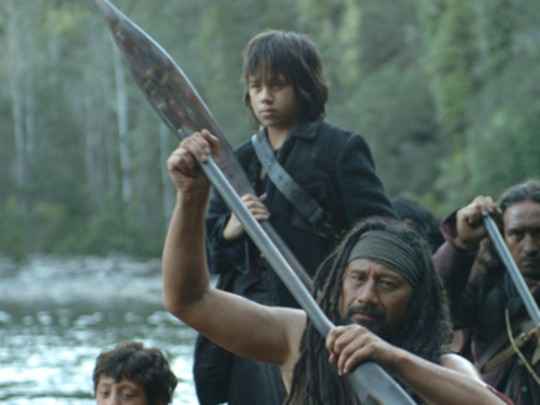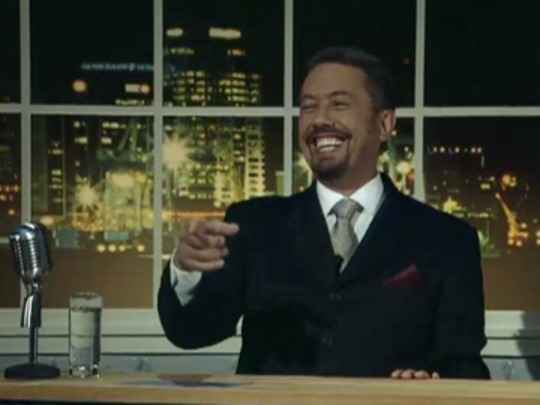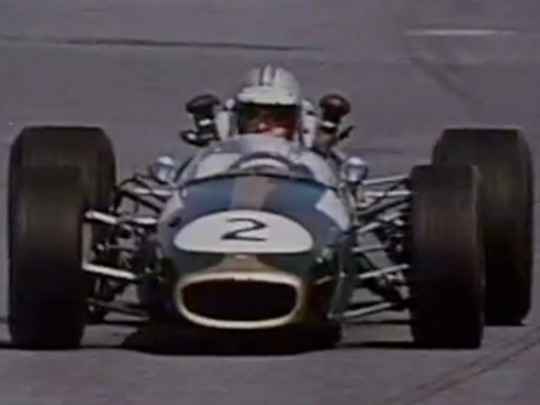Part one of six from this full length documentary.
Part two of six from this full length documentary.
Part three of six from this full length documentary.
Part four of six from this full length documentary.
Part five of six from this full length documentary.
Part six of six from this full length documentary.
The credits from this documentary.
Von Tempsky's Ghost
Television (Full Length) – 2002
The Director's Perspective
I came across Gustavus Ferdinand Von Tempsky in my reading about The New Zealand Wars and was struck by the way many history writers (or re-writers!) had so strongly condemned him. It was as if he had become the scapegoat of all the Pākehā guilt about the colonial wars in New Zealand. When I dug deeper I found that he was a far more complex character than the two dimensional villain that New Zealand historians had routinely painted him as being.
He was a writer, an artist, a womaniser, a self-promoter, a thorn in the side of authority, a manic depressive, a hero and a villain. But above all he was a member of that extinct breed from the 19th Century - an adventurer!
History books have accused him of atrocities such as burning Māori women and children alive in their prayer houses and hunting Māori with dogs. But in my research I was to find that none of this was true. Much of this misinformation came from bogus sources - books that were supposedly written by those who served with Von Tempsky but in fact they never did. They were just trading on his name.
Once the lies had been absorbed into the written records they were perpetuated by later generations of historians, who should have known better! One event in particular stands out - the burning of the whare karakia (prayer house) at Rangiaowhia in 1864 while Māori were still inside.
Through the generosity of the Von Tempsky family I was allowed access to the hundreds of letters he had written to his wife while he was serving in the wars. He wrote that he was sickened by the incident and blamed the lack of skilled commanders in the colonial forces.
His innocence was established beyond doubt when I interviewed an old Māori Kuia who said her grandmother had been present at the incident and told her that the whare karakia was well ablaze before Von Tempsky and his Forest Rangers even arrived at the scene.
I went on to discover that many Māori remember Von Tempsky with great respect. He was, after all, an accomplished warrior and worthy adversary - qualities much admired in Māori culture even in their enemies.
And the respect was returned. Von Tempsky admired the individual bravery of the Māori and wrote that there would be nothing that Māori warriors couldn't achieve if properly armed and commanded. His opinion would be proved correct by the Māori Battalion 80 years later.
And the legacy of Von Tempsky and the Forest Rangers still lives on. Their unit was formed in order to fight a new kind of war when the British and Colonial commanders found they had to adopt new tactics to fight the Māori who refused to fight in the European style on open battlefields. The Forest Rangers were lightly armed. Their missions in the bush would last weeks during which time they maintained an almost absolute silence. They slept on the ground in all weathers and suffered great physical hardship. They were tough, uncomplaining and self reliant.
They had a "nodding acquaintance" with authority and addressed their commanding officer as ‘Von'- not ‘Sir' or ‘Major Von Tempsky'. And that's the way he preferred it. They were the prototype of what we would come to regard as the archetypal New Zealand soldier.
